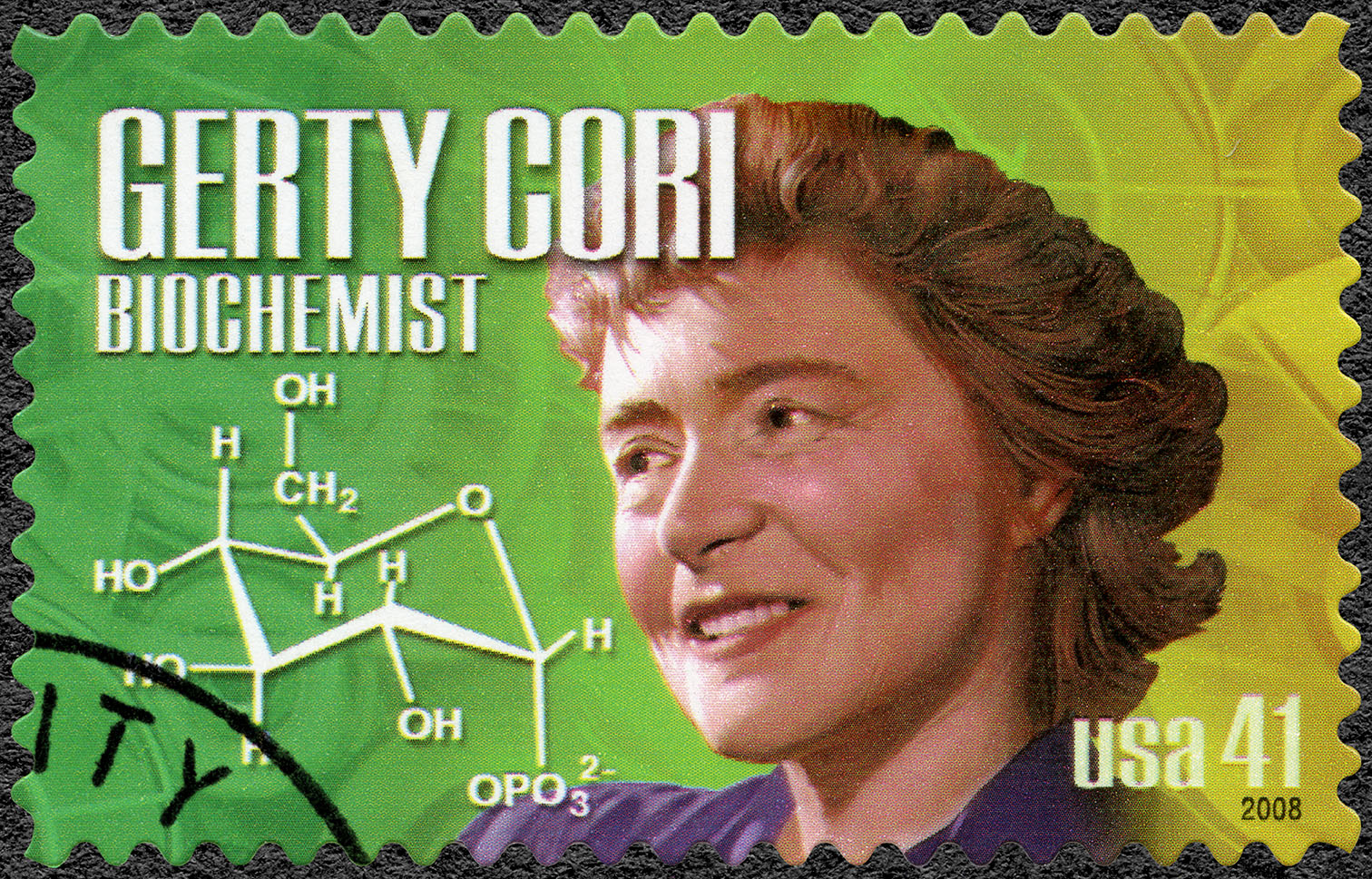
Gerty Cori
Definition
Gerty Cori was a brilliant biochemist who won the Nobel Prize in Physiology or Medicine in 1947 for her work on how the body converts glucose into glycogen. She was born in Prague, Austria-Hungary (now the Czech Republic) in 1896 and died in Cambridge, Massachusetts in 1957.
Cori's research focused on how the body stores and uses energy. She discovered how the liver converts glucose into glycogen, a form of stored sugar. She also showed how the body breaks down glycogen to release energy.
Cori's work was groundbreaking. She was the first scientist to show how glycogen is stored and used by the body. Her discoveries have helped doctors understand how the body works and how to treat diseases such as diabetes.
Cori was also a pioneer in the field of biochemistry. She was one of the first women to be granted a PhD in biochemistry, and she was the first woman to be elected to the National Academy of Sciences. She was a role model for women in science, and her work inspired many young people to pursue careers in biochemistry and medicine.
How can the word be used?
Cori is the surname of Gerty Cori. She was a biochemist who made significant contributions to the field of metabolism.

Different forms of the word
There are no different forms of the word "Gerty Cori" because it is a proper noun. Proper nouns are the names of specific people, places, or things. They are always capitalised, even in the middle of a sentence.
Etymology
The name "Gerty" is of German origin. It is a feminine given name that means "strength" or "power".
The name "Gerty" was first recorded in the 18th century. It was the name of a German noblewoman who was the wife of a German knight. The name became more common in Germany in the 19th and 20th centuries.
Question
What is Gerty Cori famous for?
AQA Science Exam Question and Answer
Question: What did Gerty Cori contribute to the field of science?
Answer:
Gerty Cori was a biochemist who made significant contributions to the field of metabolism. She worked on the discovery of how glucose is stored and used in the body. She also worked on the discovery of how glycogen is broken down to release energy. These discoveries have helped to improve our understanding of metabolism and have led to the development of new treatments for diseases such as diabetes.
Cori was also a pioneer in the field of enzymology. She developed new methods for studying enzymes and their role in metabolism. Her work has helped to advance our understanding of how enzymes work and how they can be used to treat diseases.
Cori's work has had a profound impact on the field of science. Her discoveries have helped to improve our understanding of metabolism and have led to the development of new treatments for diseases such as diabetes. She is an inspiration to scientists and doctors around the world, and she is a role model for women in STEM fields.
Here are some of the specific contributions that Gerty Cori made to the field of science:
- She discovered how glucose is stored and used in the body.
- She discovered how glycogen is broken down to release energy.
- She developed new methods for studying enzymes and their role in metabolism.
- Her work has helped to advance our understanding of how enzymes work and how they can be used to treat diseases.
- Her discoveries have helped to improve our understanding of metabolism.
- Her work has led to the development of new treatments for diseases such as diabetes.
- She is an inspiration to scientists and doctors around the world.
- She is a role model for women in STEM fields.